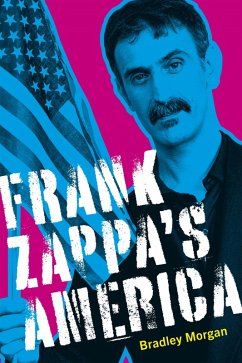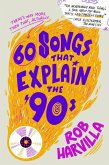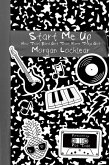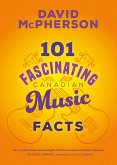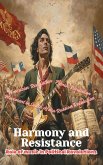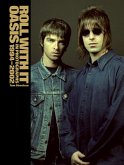From his early albums with the Mothers of Invention, Frank Zappa established a reputation as a musical genius who pushed the limits of culture throughout the 1960s and 1970s, experimenting with a blend of genres in innovative and unheard-of ways. Not only did his exploratory styles challenge the expectations of what popular music could sound like, but his prolific creative endeavors also shaped how audiences thought about the freedom of artistic expression.
In Frank Zappa's America, Bradley Morgan casts the artist as an often-misunderstood figure who critiqued the actions of religious and political groups promoting a predominantly white, Christian vision of the United States. A controversial and provocative satirist, often criticized for the shocking subject matter of his songs, Zappa provided social commentary throughout his career that spoke truth to power about the nefarious institutions operating in the lives of everyday Americans. Beginning in the late 1970s, his music frequently addressed the rise of extremist religious influence in American politics, specifically white Christian nationalism.
Despite commercial and critical pressure, Zappa refused to waver in his support for free speech during the era of Reagan and MTV, including his pointed testimony before the U.S. Senate at the Parents Music Resource Center (PMRC) hearings. Throughout the 1980s, and until his death in 1993, Zappa crafted his art form to advocate for political engagement, the security of individual liberties, and the advancement of education. Music became his platform to convey progressive views promoting the rights of marginalized communities most at risk in a society governed by the principles of what he perceived as Christian radicalism.
Frank Zappa's America examines the musician's messaging through song, tracing the means by which Zappa created passionate, at times troubling, art that combats conservativism in its many manifestations. For readers in the twenty-first century, his music and public advocacy demonstrate the need to preserve democracy and the voices that uphold it.
Hinweis: Dieser Artikel kann nur an eine deutsche Lieferadresse ausgeliefert werden.
In Frank Zappa's America, Bradley Morgan casts the artist as an often-misunderstood figure who critiqued the actions of religious and political groups promoting a predominantly white, Christian vision of the United States. A controversial and provocative satirist, often criticized for the shocking subject matter of his songs, Zappa provided social commentary throughout his career that spoke truth to power about the nefarious institutions operating in the lives of everyday Americans. Beginning in the late 1970s, his music frequently addressed the rise of extremist religious influence in American politics, specifically white Christian nationalism.
Despite commercial and critical pressure, Zappa refused to waver in his support for free speech during the era of Reagan and MTV, including his pointed testimony before the U.S. Senate at the Parents Music Resource Center (PMRC) hearings. Throughout the 1980s, and until his death in 1993, Zappa crafted his art form to advocate for political engagement, the security of individual liberties, and the advancement of education. Music became his platform to convey progressive views promoting the rights of marginalized communities most at risk in a society governed by the principles of what he perceived as Christian radicalism.
Frank Zappa's America examines the musician's messaging through song, tracing the means by which Zappa created passionate, at times troubling, art that combats conservativism in its many manifestations. For readers in the twenty-first century, his music and public advocacy demonstrate the need to preserve democracy and the voices that uphold it.
Dieser Download kann aus rechtlichen Gründen nur mit Rechnungsadresse in A, D ausgeliefert werden.
Hinweis: Dieser Artikel kann nur an eine deutsche Lieferadresse ausgeliefert werden.

